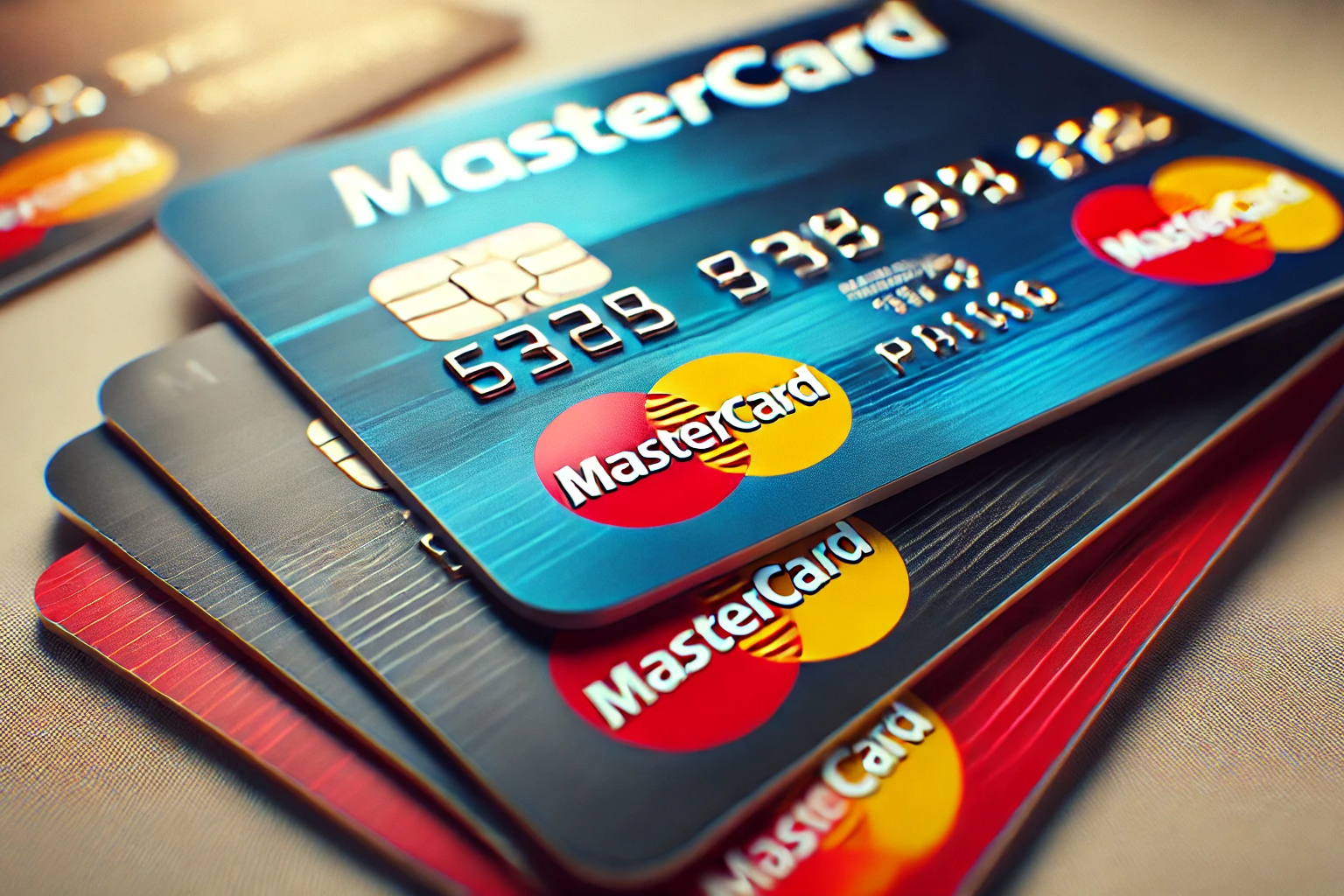2025-04-29

Mastercard announced on April 28, 2025
that it has expanded its payment infrastructure to support stablecoin
transactions across its global network.
This initiative allows merchants to
accept stablecoins such as USDC and EURC, enabling consumers to spend digital
assets at over 150 million locations where Mastercard is accepted.
Mastercard is teaming up with payment
processor Nuvei and stablecoin issuers Circle and Paxos to bring stablecoin
settlement to more than 150 million merchants worldwide.
Under the new system, merchants can opt
to receive payments in stablecoins like Circle’s USDC, regardless of the
customer's original payment method.
Mastercard’s chief product officer,
Jorn Lambert, called it part of a “360-degree approach” to stablecoin
integration, aimed at making blockchain-based transactions as seamless as
traditional payments.
"The benefits for mainstream use
cases are clear," said Lambert. "We want to make it as easy for
merchants to receive stablecoin payments and for consumers to use them."
The expansion comes amid rapid growth in the stablecoin sector.
Market capitalization has surged 54%
over the past year, topping $230 billion, according to on-chain analytics
platforms Artemis and Dune. T
Tether (USDT) and USDC currently
dominate 90% of the market. Citigroup predicts the stablecoin market could
reach $3.7 trillion by 2030, fueled by increasing regulatory support and
financial institution adoption.
Alongside merchant settlements,
Mastercard is also expanding crypto spending options.
In collaboration with crypto exchange
OKX, it is launching the "OKX Card," a crypto-enabled bank card that
allows users to spend their crypto holdings, including stablecoins, directly at
merchants. OKX CMO Haider Rafique described the partnership as a major step
toward "integrating stablecoins into daily transactions."
Mastercard is making a similar move
with MetaMask, unveiling a new payments card that lets users spend directly
from self-custodied crypto wallets. Smart contracts will handle the
transactions in under five seconds, bringing decentralized finance into real-world
use cases.
The payments giant is already working
with platforms like Kraken, Binance, Crypto.com, and others to enable
crypto-enabled debit cards. Its latest moves reflect a broader strategy to
bridge traditional finance and the emerging digital asset economy.
Mastercard's 360-degree strategy covers
wallet enablement, card issuance, merchant acceptance, on-chain remittances,
and real-time settlement. Initiatives like the Mastercard Multi-Token Network
(MTN) are helping partners like JPMorgan Chase and Standard Chartered connect
deposit accounts to tokenized asset solutions, aiming to streamline
cross-currency settlements and payments.
Phil Fayer, CEO of Nuvei, praised the
collaboration: "By partnering with Mastercard and Circle, we're embracing
cutting-edge technologies to enhance how our merchants handle payments and
settlements."
Ale Machado, product lead for the
MetaMask Card at Consensys, added, "Our collaboration with Mastercard
enables people to stay engaged in decentralized protocols and stablecoins,
right up to the moment they choose to spend."
Mastercard’s latest moves indicate its
commitment to leading the future of finance.